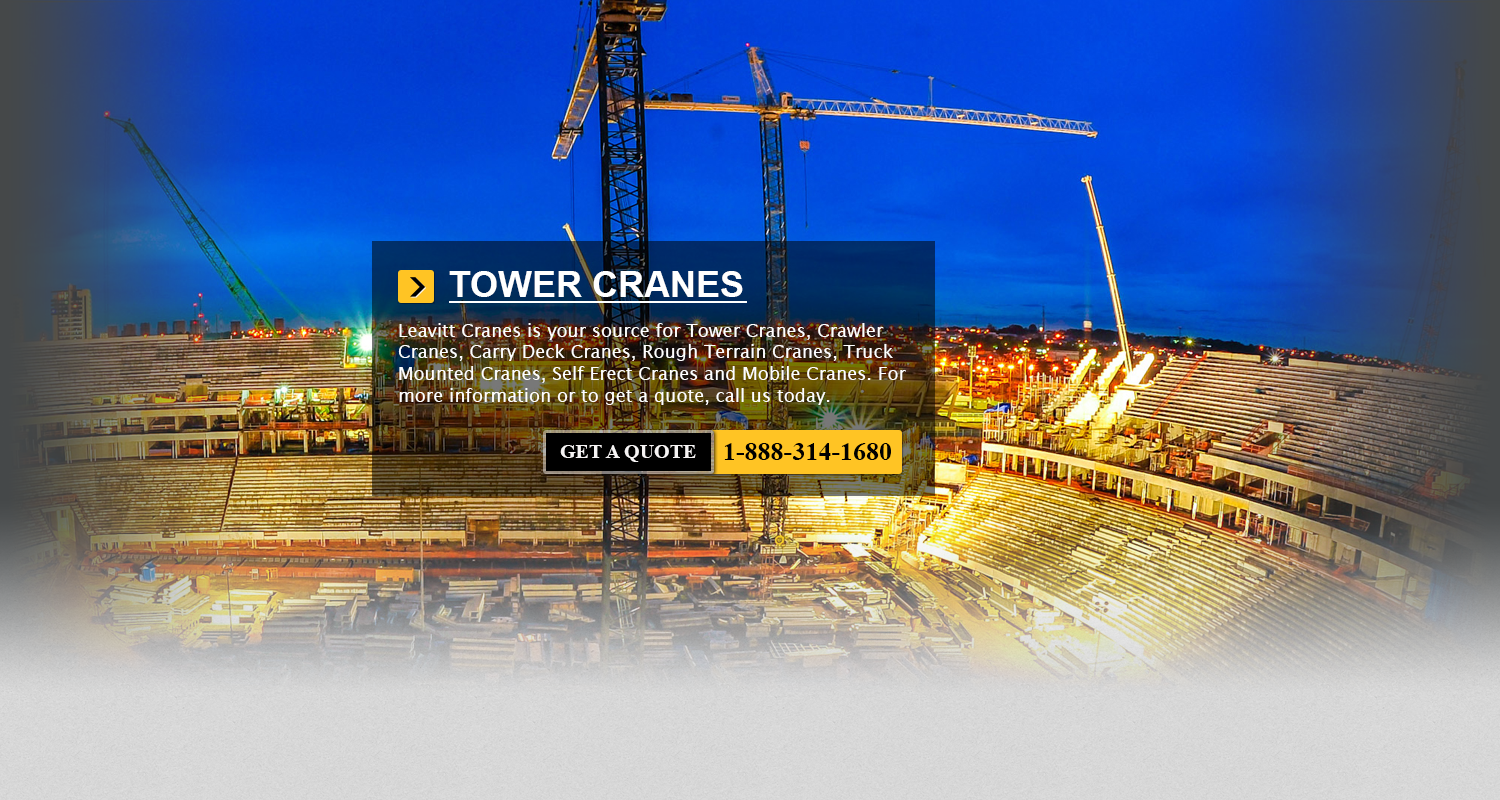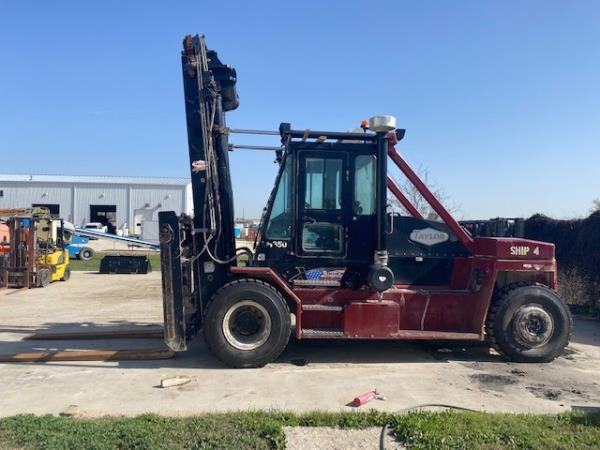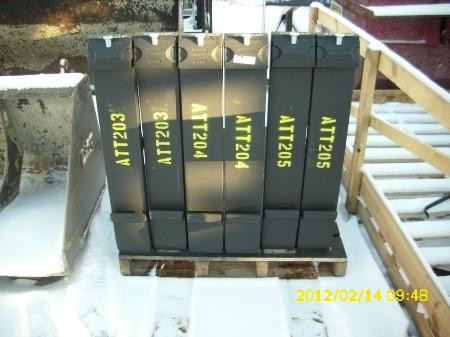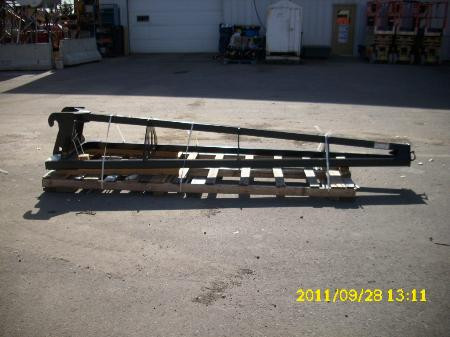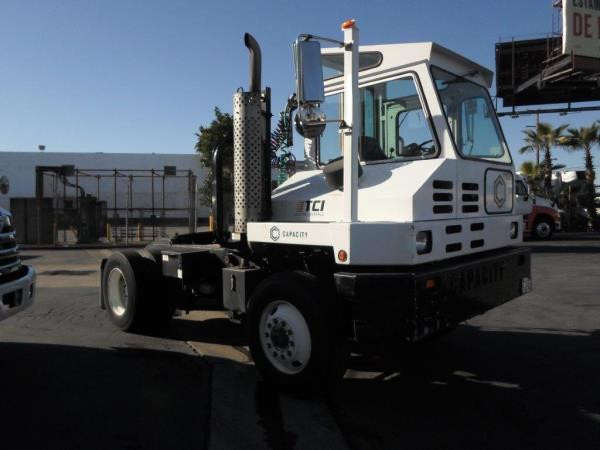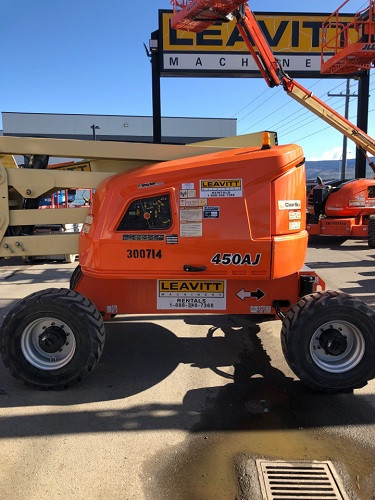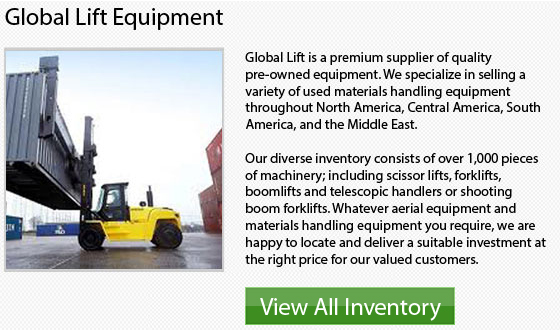
Doosan Cushion Tire Forklifts Arlington
responsibilities of a Forklift Driver
Lift truck drivers typically are employed in factories and warehouses. Their role is to transport materials and loads from one location to another. They need to be trained to safely operate the forklift controls. Specialized training is a prerequisite. Operators should have a background check and pass a drug test.
Performing Checks
HRSDC and OSHA both require forklift operators to perform daily and pre-shift checks. Lift truck driver training must include the proper performance of safety inspections to guarantee optimum functionality. An inspection should also be done at the end of every shift. Regular safety training should be undertaken on a yearly basis.
Loading and Unloading
The forklift operator is tasked with the job of loading and unloading materials in a timely and safe way. This job also involves the organized stacking of goods so they are accessible.
Weighing Supplies
The responsibilities of a forklift operator can include weighing the supplies which are being transported and recording the weights.
Quality Control
Forklift drivers are in charge of quality control. They should make certain orders are accurate and that products do not sustain damage during transportation in the warehouse.
Safety Awareness
A responsible forklift operator should have excellent skills in awareness and attention to safety. Drivers should exhibit a high level of concern for the safety of both personnel and pedestrians. The driver will need to find the safest way to handle difficulties, like for instance navigating a steep surface with a cargo. The operator will have to determine the route that is the safest. A driver's training will include learning about the elements that might cause a lift truck to tip over. The driver needs to be very familiar with the design and safety ratings of the lift truck unit that they are operating. A forklift operator should be sensitive to the need for breaks to avoid exhaustion. Forklift accidents are more likely to occur when an operator is exhausted.
- Comedil Self Erect Cranes Arlington
The tower crane's base is usually bolted to a huge concrete pad that provides very crucial support. The base is attached to a mast or a tower and stabilizes the crane that is connected to... More - Potain Tower Cranes Arlington
Some commercial and industrial buildings can reach heights of over 60 stories. Obviously, while these buildings are being constructed, they require equally tall cranes to be able to transport the supplies to the upper floors.... More - Nissan Counterbalance Forklifts Arlington
Counterbalance lift trucks are essentially forklifts that are designed with counterweight at the back of the machine. The counterweight works to balance the weight which the tines are carrying at the front of the cargo.... More - Taylor Reach Stackers Arlington
TS Series Reach Stackers Taylor has set a new standard with their newest reach stacker container handlers. Their newest TS-9972 Reach Stacker is a user friendly, really comfortable and durable machinery. The TS-9972 has all... More - Komatsu Warehouse Forklifts Arlington
Warehouse Forklift Maintenance Having a proper maintenance program for forklifts would help to increase the lifespan of the equipment and is also a critical factor to the safe use of the equipment. Completing regular forklift... More
